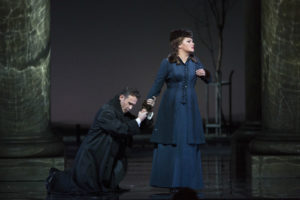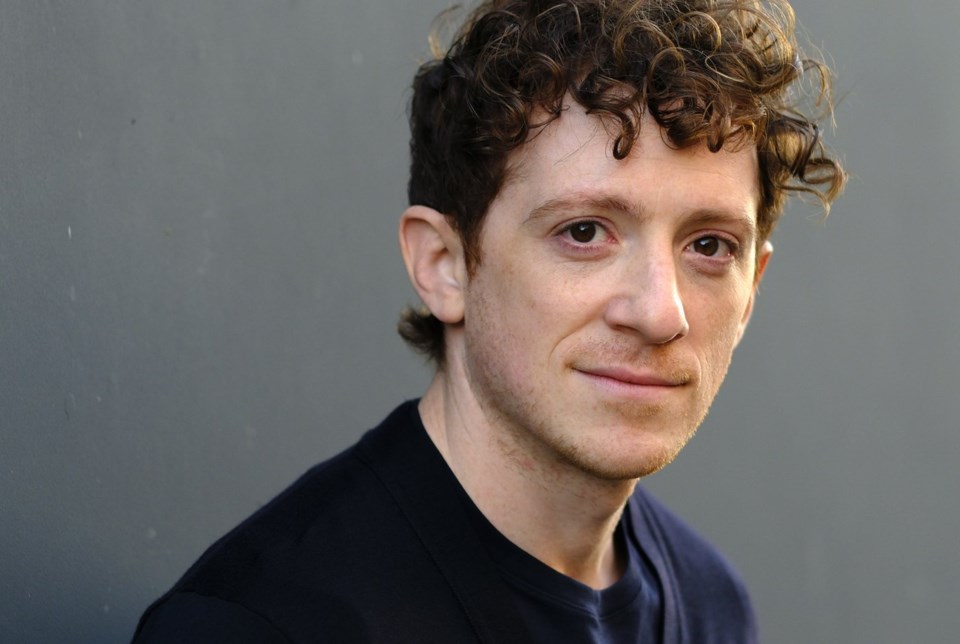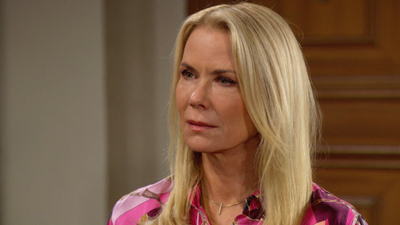Throughout the entire history of opera, from its beginning in the Francophile 18th century to the American 21st, there have been numerous moments which stand out as having been controversial of their time and controversial even today due to the contentious nature of the events. If one looks to contemporary issues like Anna Netrebko’s alleged blackface while participating in Verdi’s “Aida” at the Arena Di Verona, Jonas Kaufmann’s historical legacy of cancelling concerts , Angela Gheorghiu’s inter-performance outbursts , or even further back in time like the Berlin Deutsche Oper cancelling their 2006 production of Mozart’s “Idomeneo,” the premiere of John Adam’s “ Death of Klinghoffer “’ or the recent ordeal with the Korean Broadcasting System’s choice to air Puccini’s “Madame Butterfly” on the Korean “Day of Liberation,” there is enough activity to fill a lifetime and then some. However, certain events stand out as having had far-reaching impacts on the trajectory of opera than others, with some being more controversial than others, more adventurous than disquieting, or even more progressive than traditional.
In fact, the legacy of concerts where fights and other audience quarrels broke out is something of a historical constant, from the 18th to the 21st century, from Berlioz to Stravinsky to Steve Reich! Not only that, from having an all-female cast of Mozart’s ‘ The Magic Flute ,’ to Tobias Kratzer’s “ Tannhäuser” in 2019 a.


















